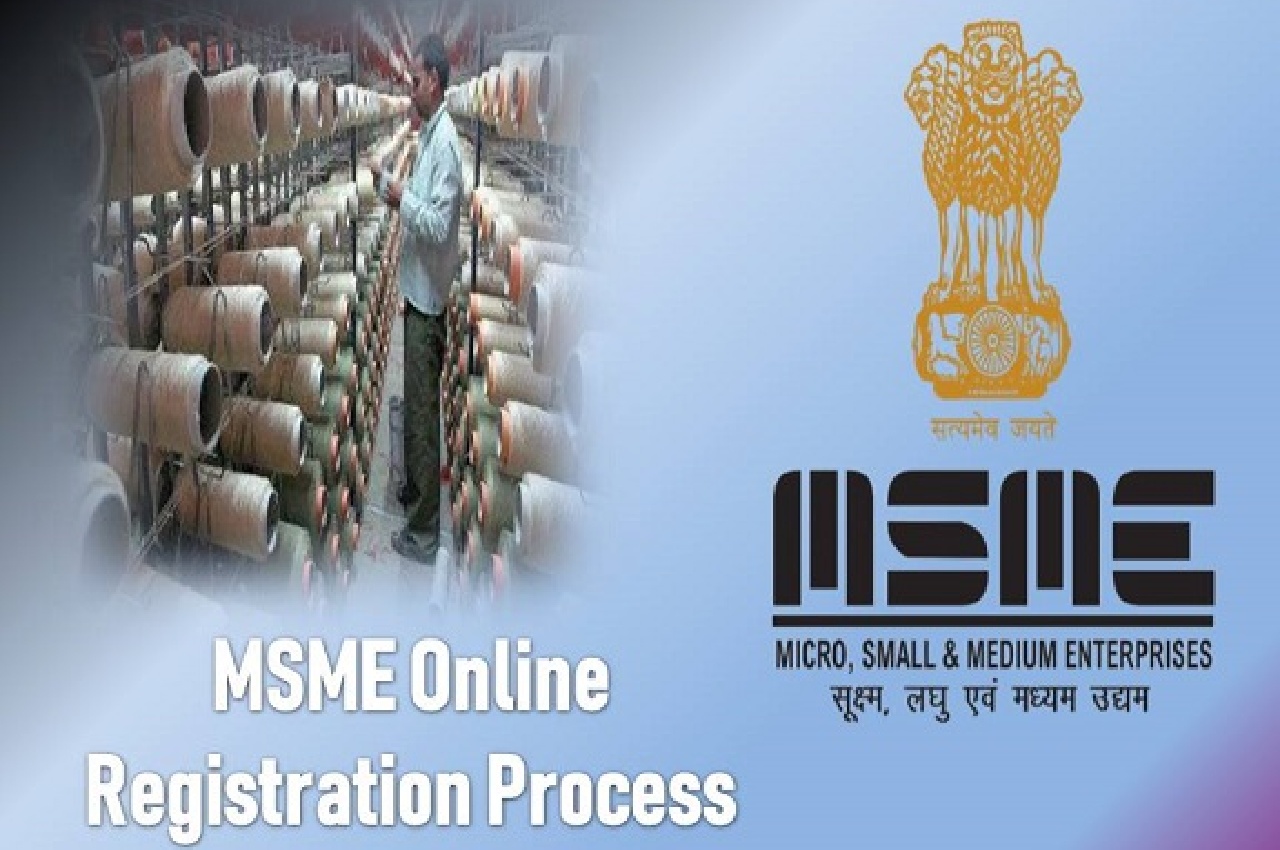New Delhi: In the financial year 2022-23, the asset quality of the Ministry of Micro, Small & Medium Enterprises (MSME) for all the Scheduled Commercial Banks (SCBs) got better noticeably accompanying Gross Non-Performing Assets (GNPA) ratio, which stood at 6.8 per cent in March 2023 from 9.3 per cent in March 2022, stated the Reserve Bank of India’s latest Financial Stability Report.
It is to be noted that MSME asset quality grew better at the same time regulatory tolerance got expired and restructuring schemes were introduced in the year 2008.
Quarter on Quarter (QoQ) the GNPA ratio increased from 7.4 per cent in December 2022 and 7.7 per cent in September 2022 and 9.8 per cent in June 2022.
The GNPA ratio for MSME loans which are less than 25 crores happened to be more inclined to slippage, reduced progressively from 7.2 per cent in March a year back to 6.7 per cent in March 2023, the report stated.
Correspondingly, for Special Mentions Accounts (SMAs), the proportion of SMAs in the MSME portfolio also declined from 11 per cent in March 2022 to 8.6 per cent in March 2023.
Special Mention Accounts are the kind of accounts which begins to show signs of bad asset quality in the first 90 days itself or prior to being identified as NPA.
RBI’s classification of Special Mention Accounts (SMA) which was introduced in 2014, identifies those accounts that show the potential to become NPA/Stressed Asset.
The MSME asset quality has improved in all three brackets of SMA. SMA-O stood at 5.1 per cent from 6.4 per cent, SMA-1 stood at 2.6 per cent from 3.5 per cent and SMA-2 stood at 0.9 per cent from 1.1 per cent from March 2022 to March 2023.
Industry expert’s words
Madan Sabnavis, Chief Economist, Bank of Baroda told FE Aspire, said, Emergency Credit Line Guarantee Scheme (ECLGS) definitely helped the MSME sector to the extent that the interest burden came down for the borrowers while normally they pay over 12-13 per cent of interest. So, the capping of interest rates under ECLGS supported MSMEs.”
He further added, “Moreover, the moment the economy opened up after Covid, there was a case of MSMEs coming back into action and getting linked back to the supply chain of largercompanies.Therefore, there was certainly an improvement in the MSME portfolio as enterprises were able to service their credit better. The asset quality should further improve ahead.”
Post Covid scenario
After Covid, due to ECLGS many of the MSMEs survived and recovered from the impact of the endemic. The scheme before it got expired on March 31, 2023, helped almost 90 per cent of the total 2.91 lakh crore in disbursement from SCBs.












